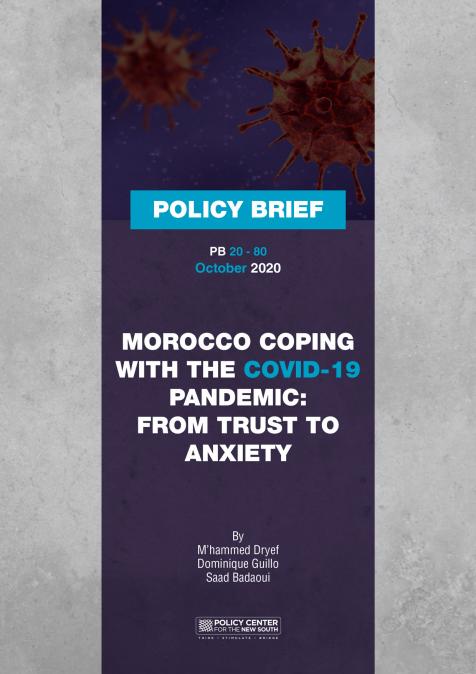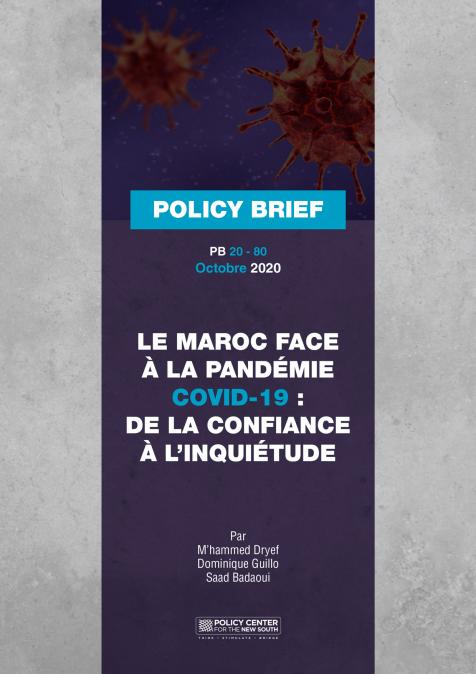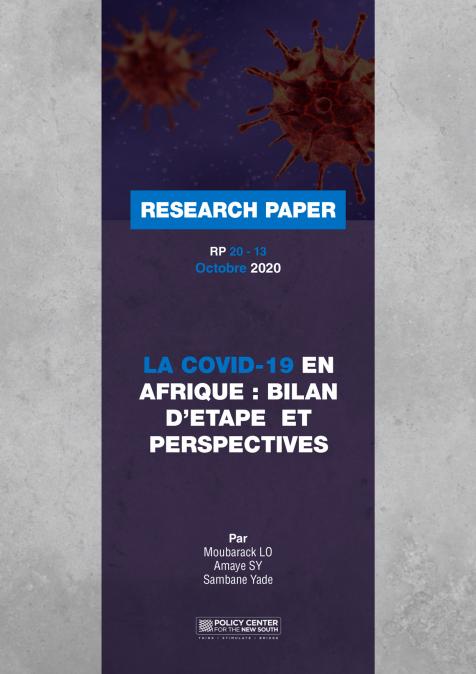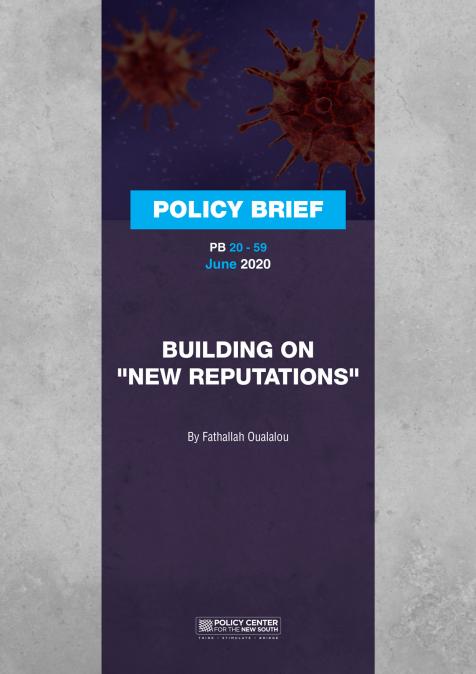Publications /
Opinion
Even if a COVID-19 vaccine is developed, there is unlikely to be a quick return to normality. Dr Anthony Fauci, America’s leading expert in infectious diseases dared a prediction: “We will know whether a vaccine is safe by the end of November, the beginning of December. The question is, once you have a safe and effective vaccine, or more than one, how can you get it to the people who need it as quickly as possible? You’ll have to wait several months into 2021 when you talk about vaccinating a substantial proportion of the population, so that you can have a significant impact on the dynamic of the outbreak. That very likely will not be into the second or third quarter”. Nine candidate vaccines are currently being evaluated for inclusion in the international COVAX Facility, which eventually will organize the global distribution and financing of chosen vaccines. But none of the giants, such as U.S. group Moderna (Phase III), Germany’s CureVac (Phase I), Institut Pasteur/Merck/Themis, an Austrian-American-French consortium (preclinical), or China’s Clover Biopharmaceuticals (Phase I) have confirmed that their vaccine is ready to be distributed around the globe. “Rapid responses by governments, academia and industry”, noted Nature, “have already resulted in the production of more than 180 vaccine candidates, 42 of which are being tested in humans at the time of writing”.
Kate Bingham, chairwoman of the UK Vaccine Task Force told BBC Scotland that a COVID vaccine could be given to some of the most vulnerable people “this side of Christmas”, but admitted, reported the BBC, that “it was difficult to put an exact date on when normal life could resume”, but “she was hopeful that by 2022 there would be no need for people to wear face masks and was hopeful people may also go on summer holiday next year”. In June, the Wall Street Journal published some sobering news: “Frantic efforts to bring coronavirus vaccines to the world are facing a maddening bottleneck: the small glass vials that hold the shots”. Twelve to fifteen billion vaccine shots will be needed, experts believe, to cure the world, but glass manufacturers will be unable to provide the urgently needed vials, and that means, according to Business Insider France (June 8) “billions could struggle to access” the vaccine. The COVAX (COVID-19 Vaccines Global Access) Facility, comprising 172 nations coordinated by the World Health Organization, is planning by the end of 2021 to deliver two billion doses to participating countries.
‘Twelve to Fifteen Billion Vaccine Shots are Needed’
The distribution process will be “likely extremely difficult and slow for the first generation of vaccines” and the vaccination progress would take “well into 2021, and potentially 2022 or 2023”. While the coronavirus is indisputably the most pressing health issue in the world, the constant supply of packaging for other key vaccines, including meningitis, influenza, and typhoid, must be maintained—an estimated six billion vials are needed. The vials are shaped from specialized glass supplied by firms including Thermo Fisher Scientific and Schott. “There’s only 200 million vials left in the world now”, said Sir John Bell, Professor of Medicine at the University of Oxford, on the BBC Today radio program, “because they’ve all been sucked up by various people who can anticipate a vaccine”. “If we went to China now”, confirms Marc Koska, the inventor of a self-destructing syringe that helped reduce HIV transmissions, “or indeed anywhere in the world, to ask for a billion glass vials to inject everyone in Europe twice, it would be many months or years before we got supply. That has become the weak link in this whole supply chain”.
It is not only the lack of glass that will slow global distribution. Vaccines have to be transported and stored, at times in Arctic temperatures. The German government decided to open 60 storage and distribution centers all over the country. The question is urgent: how do companies and health agencies get vaccines to the people, many without access to electricity and freezers? Anna Nagurney, Professor of Operations Management at the University of Massachusetts, wrote in The Conversation (September 18): “The answer is something called the vaccine cold chain—a supply chain that can keep vaccines in tightly controlled temperatures from the moment they are made to the moment they are admitted to a person”. Ultimately hundreds of millions of people in the United States and billions globally are going to need the coronavirus vaccine—and potentially two doses of it. The mass vaccination effort is going to require a complex vaccine cold chain on a scale never seen before. The current vaccine cold chain is not up to the task and expanding the supply chain is not going to be easy. The cold chain, noted the professor, “requires three major pieces of infrastructure: planes, trucks, and cold storage warehouses … Different vaccines may require different temperatures and different handling procedures”. Nagurney added that, “Most vaccines need to be stored within 1 degree Fahrenheit of their ideal temperature. Traditionally vaccines are usually stored between 35 degrees Fahrenheit and 46 degrees Fahrenheit, but some of the leading COVID 19 vaccines need to be stored at much colder temperatures … mistakes are mostly due to inappropriate shipping procedures in the cold chain, and these losses are estimated at $34.1 billion annually”. She continued: “Several major logistic companies, as UPS and DHL are investing in new storage facilities for cold chain management. UPS is adding freezer farms of 600 freezers capable of reaching minus 80 degrees Celsius near UPS air hubs in Louisville, Kentucky, and the Netherlands. Each freezer will be able to hold 48,000 vials of vaccines”. All of these investments, the ordering of vials or creation of freezer parks, are made before any vaccine has been finalized, meaning pharmaceutical groups and governments risk billions of dollars.
The opinions expressed in this article belongs to the author.







